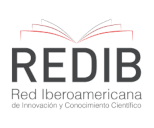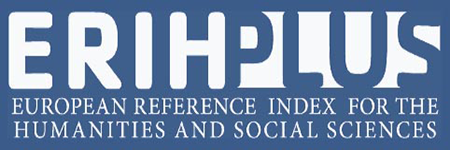Methodological proposal for a prospective analysis of secondary education in Costa Rica up to 2030
Keywords:
PROSPECTIVE, EDUCATION, METHODOLOGYAbstract
Having the need of mechanisms of anticipation and future thinking in the educational field, high school level specially, this article proposes a methodology for prospective analysis that can be applied in Costa Rican high school level with the aim of directing actions towards the construction of a long-term vision. It is not only about facilitating the decision-making process, but about providing tools that make it possible.
The public administration must balance short and medium-term results, to which it has been used to, with long-term results through planning, where prospective analysis plays a key role to define strategies, scope and constraints; since it helps to reach the future in a rational way, through alternatives of choice and incorporating all elements of public intervention, making the future a decision and not an uncertainty.
In order to have an instrument in this type of prospective matter, the proposal is structured in three phases, each of them with their respective stages: the first one, information gathering and main variables definition;
the second one, hypotheses definition and scenarios characterization; and the third one, construction of the visualized future and its implementation.
This methodology is not intended to be exclusive or reductionist, on the contrary, it aims to be a guide for foresight application focused on Costa Rican educational system.










